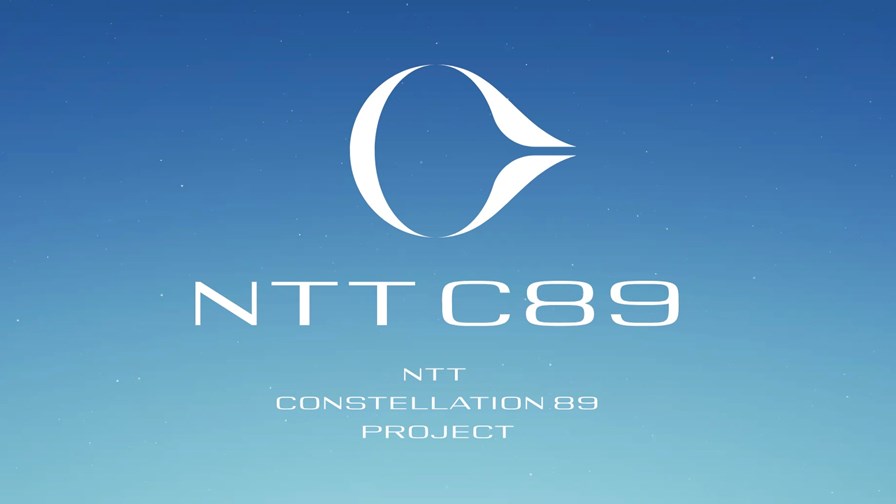
- NTT is ramping up its activities in space
- It is testing and investing in high-altitude platform station (HAPS) capabilities
- Now it has unveiled NTT C89, its space business brand
- It is also investing in a HAPS specialist
Japanese giant NTT is pulling together its various assets, projects and plans associated with space, satellites and high-altitude platform station (HAPS) developments under one brand, NTT C89, as it takes the next steps in its “space integrated computing network” strategy.
The telco says it has created C89 as a collaborative effort between various group operating units to strengthen its business “in the field of space, creating synergies, and developing new markets… by creating integral connections for their services and businesses… and proposing solutions that meet their customers’ needs.”
In announcing the launch of NTT C89, which stands for NTT Constellation 89 Project – there are currently 88 constellations recognised by the International Astronomical Union (IAU) – the Japanese telco notes there are a number of factors encouraging growth in space-based communications, including the reduced cost for satellite launches, the growing demand for services delivered from space-based platforms and the Japanese government’s space policy initiatives. As a result, NTT plans to “establish focus areas in the space business field to accelerate business and technology development, and create integrated connections between related businesses of NTT Group companies and others to provide solutions that meet their customer needs. This will promote further expansion and development in the field of space business and contribute to the development of the entire space industry,” noted the operator.
To develop its C89 business, NTT plans to manage its own geostationary orbit (GEO) satellites, low-earth orbit (LEO) satellites for observation services and data collection, and high-altitude platform station (HAPS) systems: For LEO satellite-enabled communications services, the operator will rely on partners and, indeed, its mobile division NTT Docomo has already struck a partnership with Amazon’s Project Kuiper – see Amazon lands LEO satellite deal with NTT Docomo.
“NTT Group companies will provide various service solutions in Japan and other countries under the NTT C89 brand,” the telco added. “We plan to launch communications services using HAPS, provide inter-satellite communications (optical data relay services) for earth-observing companies, and expand services using data captured by observation satellites.”
The company has been particularly busy in the HAPS sector recently.
Only days after it announced its involvement in a successful 5G communication verification test from a HAPS flying at an altitude of approximately 4km, NTT Docomo has announced it is part of a consortium of Japanese companies investing $100m in Aalto HAPS, a subsidiary of Airbus that manufactures and operates the stratospheric, solar-powered Zephyr HAPS.
The investment “marks the beginning of a strategic alliance to commercialise connectivity and earth-observation services using HAPS in Japan and across Asia,” noted Docomo in this announcement.
“Flying for months at a time in the stratosphere, Zephyr offers game-changing capabilities that will be transformative for mobile connectivity and earth observation. As a payload agnostic platform, Zephyr can transform into a multifunctional tower in the sky to provide low latency 5G direct-to-device mobile connectivity services,” added Docomo. Aalto is targeting a commercial launch in 2026.
- Ray Le Maistre, Editorial Director, TelecomTV
Email Newsletters
Sign up to receive TelecomTV's top news and videos, plus exclusive subscriber-only content direct to your inbox.




